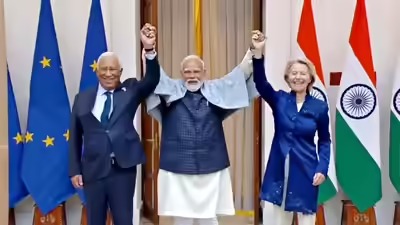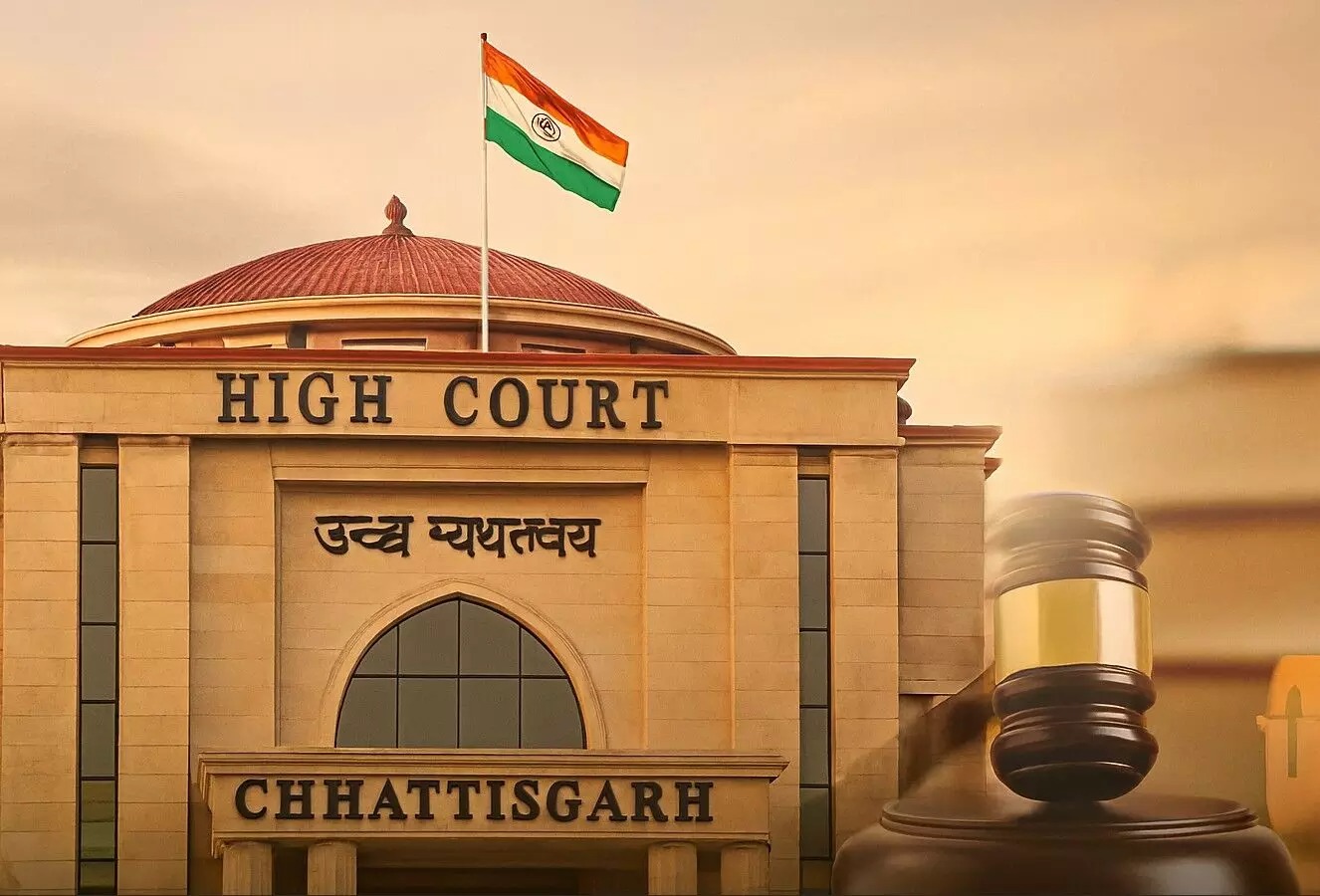Subhro Kamal Mukherjee, J.@mdashThis is a criminal revisional application under Sections 397 and 482 of Code of Criminal Procedure, 1973 challenging an order passed by the learned Sessions Judge dated May 29, 2007 passed in Criminal Revision No. 28 of 2006.
2. Anil Kumar was a Navik of Coast Guard. The police recovered a computer and a printer as also large number of forged ship tickets and rubber stamps from the residence of the said Anil Kumar. Similar incriminating materials were, also, recovered from the houses of Ramakrishna Rao, Foreman Electrician, Naval Ship Repair Yard, Gandhi Behara, leading Head Fireman, Naval Ship Repair Yard and V. Kasilingam, Cook of the ship Jarawa.
3. Admittedly, Anil Kumar was a naval defence personnel, but all his accomplishes were civilian employees.
4. The police lodged the first information report on August 11, 2000 against all the said accused persons under Sections 468/471/472/ 475/420 and 34 of the Indian penal Code. The case was registered as crime No. 696 of 2000 dated August 11, 2000 of Aberdeen police station.
5. As Anil Kumar was a naval defence personnel and was subject to Coast Guard Act, 1978 his Commanding Officer moved an application u/s 475 of the Code of Criminal Procedure, 1973, before the learned Chief Judicial Magistrate, making a prayer to handover the said accused to the navy for trial in the Coast Guard Court.
6. Surprisingly, all the Civilian employees filed a joint application expressing that they had no objection to the prayer for transfer of the entire case to be tried by court-martial.
7. The learned Chief Judicial Magistrate was possibly persuaded by the consent given by all the accused persons and, therefore, allowed the prayer of the Commanding Officer and directed delivery of all the said accused persons including the naval defence personnel, namely, Anil Kumar, to the Commanding Officer to be tried by court-martial.
8. Learned Chief Judicial Magistrate proceeded erroneously on the assumption that all the accused persons were to be tried by court martial. Excepting Anil Kumar, the other accused persons were not men-in-uniform and, as such, they could not be tried by court-martial, but they are to be tried by a court to which the Code of Criminal Procedure, 1973, applies.
9. Anil Kumar was tried in the Coast Guard Court and was dismissed from service.
10. At long last, military authorities realised that the civilian employees could not be tried by the court-martial. Therefore, on June 13, 2006 an application was filed before the Chief Judicial Magistrate for permission to handover the civilian accused persons u/s 475 of the Code of Criminal Procedure, 1973 read with Rule 14 of the CCS (CC&A) Rules, 1965 for trial.
11. Ms. Anjili Nag, learned advocate for the Petitioner, is right that the said application filed on behalf of the Commanding Officer was not happily drafted. The averments were confusing, but, in substance, it was contended that the civilian employees could not be tried by court martial.
12. It was, however, admitted in the said application that due to misconception and misinterpretation of law, the earlier application dated September 11, 2000 was filed inasmuch as under the notification dated September 16, 1983, it was declared by the Central Government that the civilian employees, serving in the Indian Navy in the Andaman and Nicobar Islands, would be subject to the Navy Act, 1957. However, the provisions of the Indian Navy ; Act, 1957, had limited application to the civilian employees serving in the Indian Navy\\ certain restrictions on their fundamental rights were imposed.
13. Learned Chief Judicial Magistrate by order laded November 9, 2006 rejected the said application filed by the Commanding Officer holding, inter alia, that the accused persons were handed over for trial by court-martial and the military authorities, who were responsible for conducting the trial, could not shift their burden to a court to which the Code of Criminal Procedure, 1973, applies for the reasons mentioned in the said application.
14. Being aggrieved, the Commanding Officer approached the learned Sessions Judge in revision.
15. As I have narrated here in above, learned Sessions Judge, by the order impugned dated May 29, 2007, allowed the revisional application.
16. Consequently, the application filed by the commanding Officer dated June 13, 2006 is allowed and the civilian accused persons are to be taken back for holding trial by a court to which the Code of Criminal Procedure, 1973, applies.
17. Being aggrieved by the order passed by the learned Sessions Judge, this revisional application is moved by the accused Ramakrishna Rao alias C.H. Ramakrishna.
18. Ms. Anjili Nag, learned advocate appearing for the Petitioner, vehemently argues that the learned Sessions Judge ought not to have disturbed the order of the learned Chief Judicial Magistrate. She submits that military authorities tried to complete the trial, but they could not collect any evidence, therefore, they are now shifting their burden. She cites a well known decision in the case of State, through the Superintendent of Police,
19. Mr. Santosh Kumar Mandal, learned Public Prosecutor appears for the State and Mr. Bimal Kumar Das, learned advocate appears for the Commanding Officer. Both of them jointly submit that civilian employees cannot be tried by court-martial.
20. After hearing the learned advocates appearing for the respective parties, I am of the considered opinion that the learned Sessions Judge was right.
21. This is not a case of second trial after a conviction for the same offence or second trial against the same accused on the same facts for a different offence.
22. When a criminal court and court-martial each has jurisdiction in respect of the trial of the offence, it shall be in the discretion of the commanding officer of the unit to which the accused belongs, in the first instance, to decide before which court the proceedings shall be instituted, simply because one co-accused is a member of the Indian Navy, the civilian accused persons cannot be tried by court-martial Undisputedly, the present Petitioner is a civilian employee and as such he could not be tried by court-martial, but he shall be tried by a court to which the Code of Criminal Procedure, 1973, applies.
23. The order of the learned Chief Judicial Magistrate handing over the civilian employees to the Commanding officer for trial by court-martial was passed on misconception.
24. I do not find any merit in this revisional application against the order of the learned Sessions Judge.
25. The revisional application is, therefore, rejected and the order of the learned Sessions Judge is affirmed.
26. However, on the prayer of Ms. Anjili Nag, learned advocate appearing for the Petitioner, I request the learned trial judge to make all endeavors to see that the trial is completed as expeditiously as possible, preferably within four months from the date of communication of this order.

